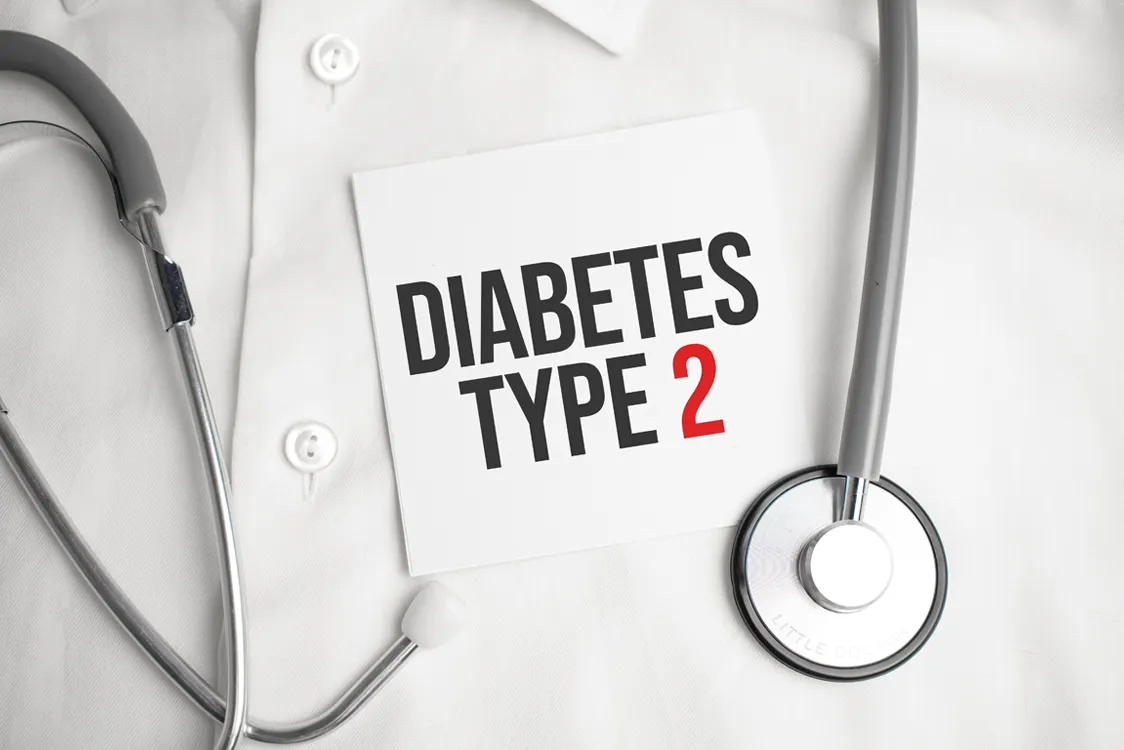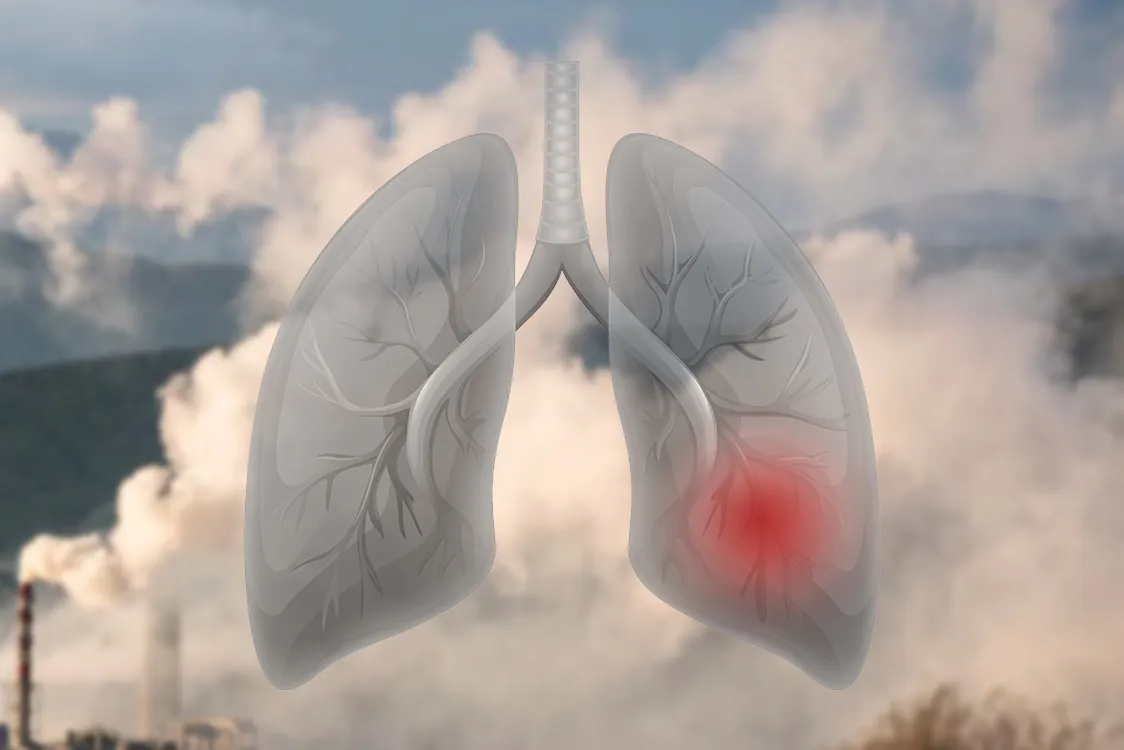The study published in PLOS Global Public Health also demonstrates that people with long-term COVID are much more likely than those who recover quickly to require additional and frequently ongoing care at the National Health System (NHS).
London: According to a new research, obese women are more likely to experience long-COVID symptoms. According to a study from the University of East Anglia (UEA), women are more likely than men to experience long Covid, and having a higher Body Mass Index (BMI) is linked with the condition. According to the study, it is one of the most significant long Covid studies conducted in the UK.
The study published in PLOS Global Public Health also demonstrates that individuals with prolonged Covid were much more likely than those who recover quickly to require additional, and frequently ongoing, care at the National Health System (NHS).
According to Professor Vassilios Vassiliou of UEA’s Norwich Medical School, “Long Covid is a complex condition that develops during or after having Covid, and it is classified as such when symptoms continue for more than 12 weeks.”
“It is estimated that just over two million people in the UK have long-term COVID, which has various effects on individuals. The most typical symptoms include breathlessness, a cough, heart palpitations, headaches, and extreme exhaustion,” said Vassiliou.
Other symptoms may include headaches, changes in taste or smell, changes in appetite, tinnitus, brain fog, insomnia, dizziness, joint pain, depression, anxiety, and chest pain or tightness, according to Vassiliou.
Vassiliou said, “We wanted to learn what factors might make people more or less susceptible to developing long Covid.”
The research team surveyed patients in Norfolk, UK, who had received a positive Covid PCR test result in 2020. An online survey that covered long-Covid symptoms like anxiety, fatigue, and memory issues was completed by 1,487 people.
They discovered that 774 participants, or more than half, reported having at least one long Covid symptom, indicating a high self-reported prevalence.
Then, by reviewing the participants’ medical records, they sought to identify any factors that might increase or decrease a person’s likelihood of developing the condition.
BMI, sex, medication use, other health conditions, and whether or not they resided in a deprived area were all considered. We demonstrate that more than 50% of survey participants who tested positive for COVID in the East of England during the first year of the pandemic later reported having long-lasting COVID symptoms, according to Vassiliou.
According to Vassiliou, “All of these individuals contracted Covid in the months before the implementation of the Covid vaccination programme, and they all experienced several new symptoms that had not previously been present.”
“We discovered that women were more likely than men to have long-lasting Covid symptoms. Additionally, we discovered that a long Covid was associated with a higher BMI.” According to Vassiliou, “This is important because information like this can be used to profile people at risk of developing long Covid.”
Additionally, Vassiliou said, “We discovered that individuals with long Covid were over three times more likely to use healthcare services than individuals without long Covid symptoms.”
Vassiliou said, “We hope that our work will aid in planning local services by policymakers as well as educate the general public about the scope of the long-running Covid pandemic.
“COVID-19 was a brand-new event when it happened. To combat the effects of the virus and safeguard our people and communities, all healthcare professionals and the more extensive health and care system put in a tremendous amount of effort,” said Dr. Mark Lim, the Norfolk and Waveney Integrated Care Board’s interim service director.





